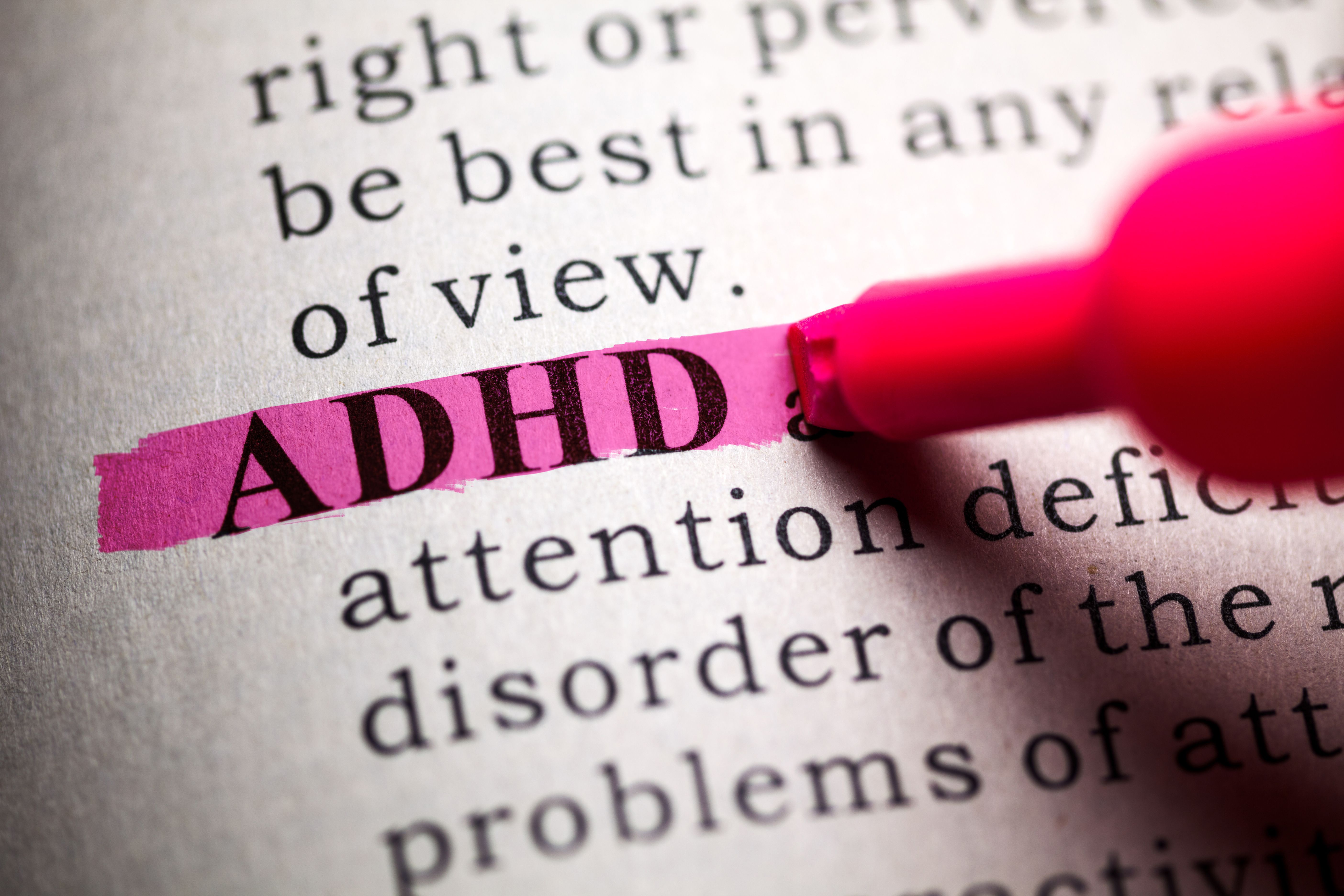Article
Meta-Analysis Evaluates Appropriate Methylphenidate Doses for ADHD
Author(s):
Recommended dosage varies, but effectiveness increases with dosage, necessitating conclusive research.

A new meta-analysis sought to determine appropriate methylphenidate doses for ADHD.
Investigators, led by Alison S. Poulton, MD, MB, of the University of Sydney, collected information according to the Preferred Reporting Items for Systematic Reviews and Meta-Analyses (PRISMA) guidelines from 11 randomized clinical trials involving 1304 participants and 887 controls, plus 38 cohort studies with 5224 participants. The maximum methylphenidate doses ranged from 0.8 to 1.8 mg/kg/d.
Not all of the studies detailed their methods of titration or their justification for the chosen dosage, despite common adverse effects of a poorly chosen dosage including insomnia ([OR], 4.66; 95% CI: 1.99-10.92; P < .001), abdominal pain ([OR], 1.9; 95% CI, 0.77-4.77; P = .16). An additional rate of patients also reported headaches (14% of participants; 95% CI, 10%-20%; P < .001). On the other hand, none of the studies reported life-threatening adverse events.
Of the studies that did justify their dosages, 8 cohort studies simply used the dose dictated by the pharmaceutical company regardless of any apparent scientific basis or lack thereof. This is notable because the effectiveness of methylphenidate typically increases alongside the dosage, according to an accompanying editorial written by Mark A. Stein, PhD.
In an interview with MD Magazine©, Stein said that there is a dearth of published guidelines for titration and dosing despite hundreds of studies involving thousands of children. “Thus, they highlight a gap in our scientific knowledge base,” Stein said. “A worry is that providers may not or minimally titrate stimulants and prematurely decide someone is a non-responder.”
Stein’s editorial also noted that variables such as weight, sex, previous stimulant exposure, length of time taking the drug, etc. hardly have been considered at all. If a higher dosage could be more effective for certain patients, then that possibility ought to be explored further rather than dosage being based on guesswork.
While the average dosage is successful for most patients, those for whom it is not are left without effective therapy. The current medical practice of increasing dosage extremely gradually for fear of side effects may be limiting the effectiveness of methylphenidate altogether.
“It would be helpful to learn more about non-responders, characterize them better, and differentiate those who are non-responders because of poor tolerability versus non-responders who have been tried on a range of doses with suboptimal response,” Stein said. “This may be a small subgroup of the ADHD population, but of great clinical relevance if it’s your patient.”
Both Poulton’s meta-analysis and Stein’s editorial conclude that the question of effective methylphenidate dosage necessitates further research. Past aggregated analysis is an excellent place to begin, but it must prompt further study if ADHD treatment is to be advanced.
The study, “Evaluation of Methylphenidate Safety and Maximum-Dose Titration Rationale in Attention-Deficit/Hyperactivity Disorder, A Meta-analysis,” was published by JAMA, as was the accompanying editorial, “A Maximum Dose for Methylphenidate—How Much Is Too Much?”.





